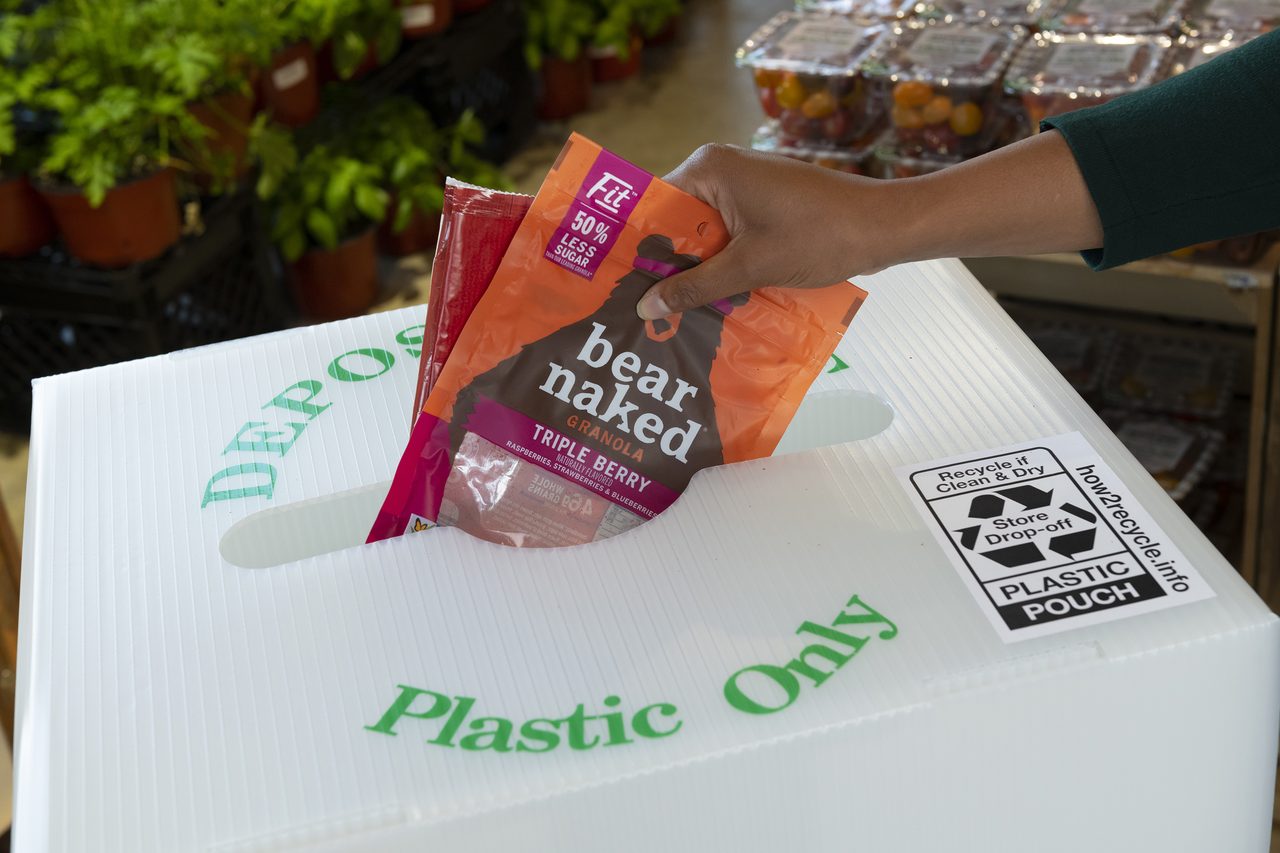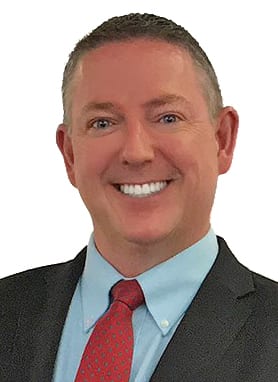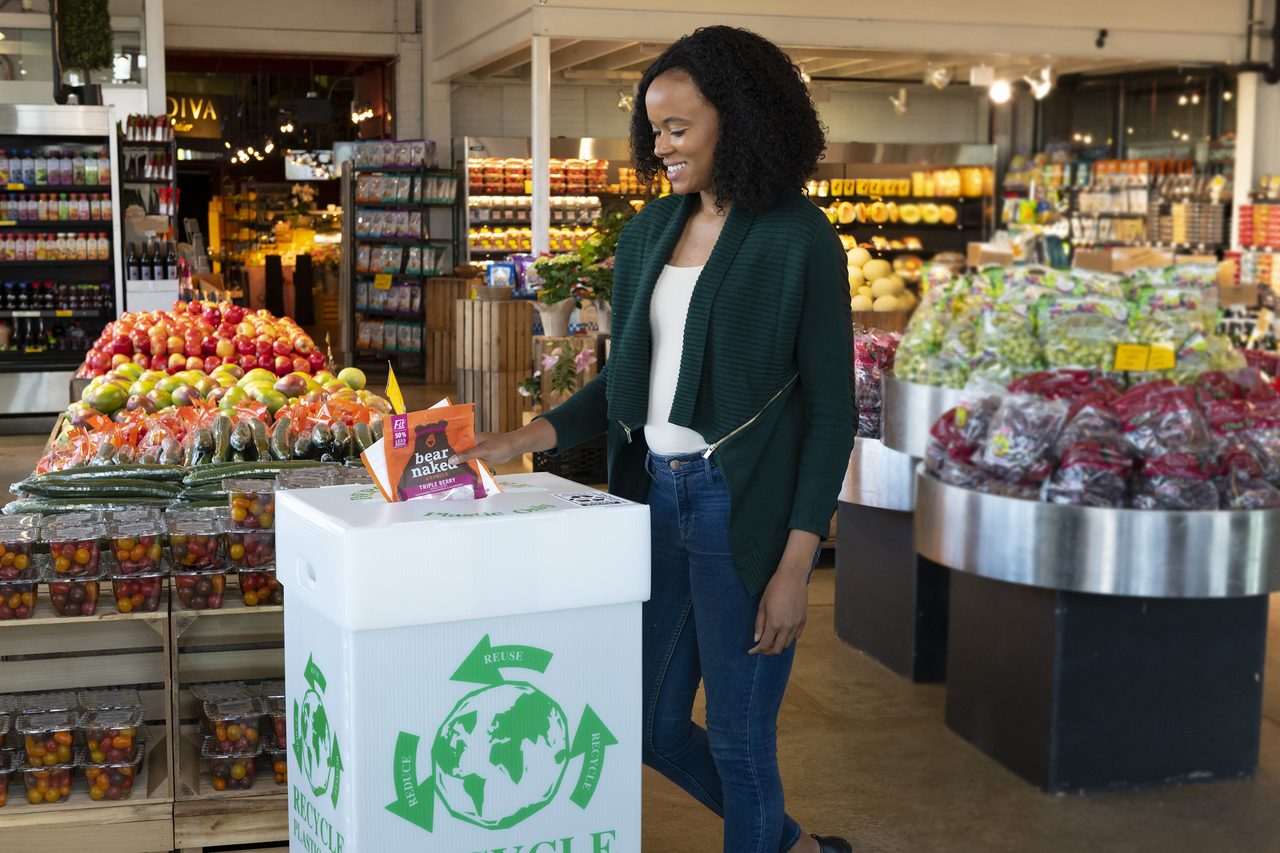

Collaborating for the Health of Our Planet
Flexible Packaging had the opportunity to talk with Jeff Wooster, global sustainability director for Dow Packaging and Specialty Plastics, about what consumers want, technologies that bring recycled materials to market, the recycling crisis and collaboration.

JEFF WOOSTER

Jeff Wooster started his career at Dow for 33 years ago and has spent the last 15 years full-time on sustainability. Wooster has played a key role in the formation and launch of the Alliance to End Plastic Waste — a global cross-value chain initiative working to eliminate plastic waste from the environment — is the past president of AMERIPEN and is on the Board of Directors for GreenBlue. He serves on the steering team for the Ocean Conservancy’s Trash Free Seas Alliance signature initiative on marine debris and is a founding member of the Materials Recovery For the Future (MRFF) collaborative. Additionally, he previously served as chair for American Chemistry Council’s Plastics Division Packaging Team and in various leadership roles with many other industry groups.
“The world is really full of possibilities for how to use more recycled content. And it's a matter of the suppliers providing the right products and the people who need to use those products, asking for them and then making use of them at the same time,” says Wooster.
“…if you look at consumers and you study what they think about flexible packaging — they love the convenience of it. It brings them the products that they like to enjoy in their homes and on the go. But they're very concerned about where it ends up. They don't like seeing flexible packaging in the trashcan. They especially don't like it seeing it on the ground as litter or in the ocean. And so many of the actions that industry is taking are really aimed at correcting the deficiencies that we see with flexible packaging, which are low recycling rates and high incidents of litter.”
Video courtesy of Dow
“…the product isn't recycled when the consumer puts it into their bin — it's not recycled until it gets made into a new product. So at Dow, we really see our place in this as enabling the system to work seamlessly so that we can close the loop to create a circular economy…
“We partnered fairly recently with Kashi to deliver a resealable stand-up pouch for their Bear Naked Granola brand, and those pouches are fully recyclable. They meet the needs of the consumer to keep the product fresh and deliver the product to the consumer in a safe and effective,” says Wooster.

“They improve upon the sustainability performance of the package itself by allowing for easier recycling, since not too many places offer curbside collection of flexible packaging. Most of those products are collected via the store drop-off program. So the store drop-off program in the U.S. allows consumers to take back things that are compatible with polyethylene films and polyethylene films include things like shopping bags,” says Wooster.

Wooster concludes, “I think the biggest opportunity for us is really to continue to drive improvement in the system that we have. We know how we can drive the improvements. We have a long list of things that can yield improvements in efficiency and material utilization, effectiveness of the packaging, along with a reduction in carbon intensity reduction in waste generation — all the things that consumers want us to do and all the things that are important to do — for the good health of our planet and the good health of the people on this planet going forward. So I think that there's nothing but opportunity ahead. I'm excited to work in the packaging space because packaging is so essential to our quality of life. Yes, we've got a few things to fix, but those are opportunities for the businesses who want to be forward-thinking, who are committed to delivering a sustainable feature for all the people on this planet.”
Lead video by tetsoo / Creatas Video via Getty Images. Photos courtesy of Dow Packaging and Specialty Plastics.
September 2021 // flexpackmag.com